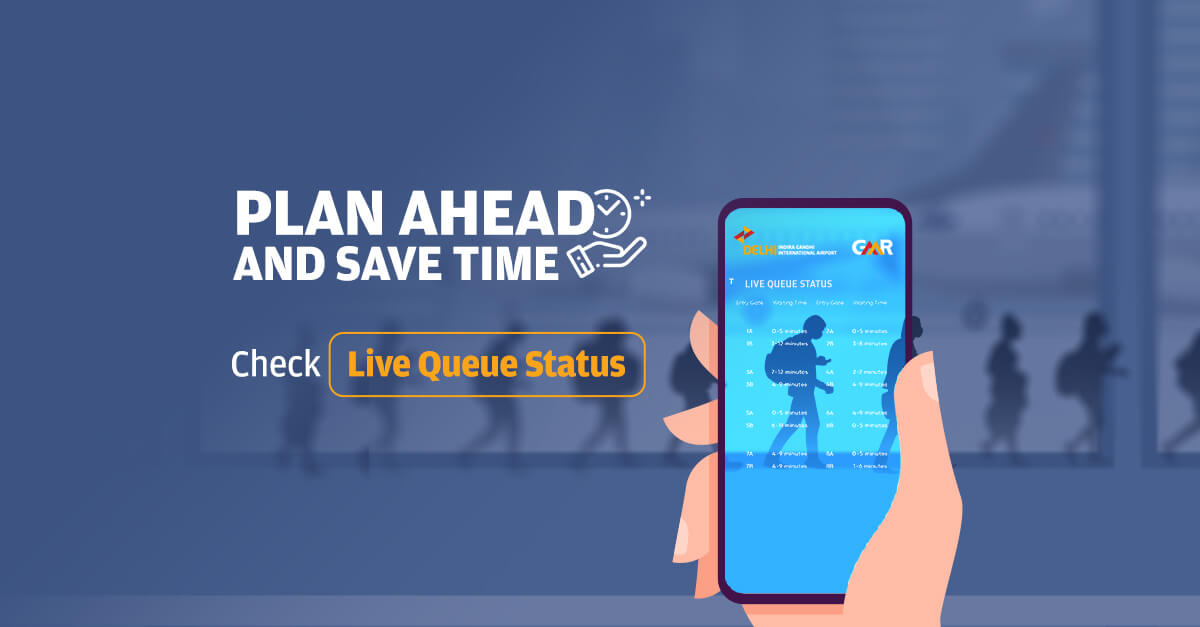Queue Management System in Hospitals: Enhancing Patient Experience

In the dynamic world of healthcare, providing efficient and patient-centric services is crucial. Queue Management Systems (QMS) have emerged as a valuable tool for hospitals to streamline patient flow, reduce waiting times, and enhance overall healthcare delivery. This article explores the significance, features, benefits, challenges, and the impact of Queue Management Systems in hospital settings.
1. Introduction
Efficient patient flow is fundamental to the success of any hospital or healthcare facility. Queue Management Systems (QMS) have revolutionized the way hospitals manage patient queues, making the process smoother and more patient-focused.
2. Understanding Queue Management Systems (QMS)
2.1 What Is a Queue Management System?
A Queue Management System (QMS) is a software-driven solution designed to manage and optimize the flow of patients within a healthcare facility. It encompasses features such as appointment scheduling, check-in kiosks, digital signage, and real-time queue tracking.
2.2 Key Features of QMS
Appointment Scheduling: Enables patients to schedule appointments in advance, reducing walk-in queues.
Check-In Kiosks: Streamlines the registration process, allowing patients to self-check-in.
Digital Signage: Provides real-time information on wait times, queue status, and other announcements.
Queue Tracking: Monitors the progress of patients through the system, ensuring efficient service delivery.
3. The Importance of Queue Management in Hospitals
Queue Management is essential in hospitals for several reasons:
Patient Experience: It minimizes wait times and creates a more pleasant experience for patients.
Operational Efficiency: It optimizes resource allocation and reduces bottlenecks.
Staff Productivity: It enables healthcare staff to focus on patient care rather than administrative tasks.
Data-Driven Decisions: It provides valuable insights for process improvement.
Social Distancing: It helps hospitals comply with social distancing measures, especially in times of public health crises.
4. Benefits of Queue Management Systems
4.1 Improved Patient Experience
Reduced waiting times and a smoother registration process lead to improved patient satisfaction.
4.2 Enhanced Operational Efficiency
QMS optimizes resource allocation and reduces staff workload, leading to more efficient healthcare services.
4.3 Staff Productivity
Healthcare staff can dedicate more time to patient care, improving overall service quality.
4.4 Data-Driven Insights
QMS provides data analytics to identify trends, bottlenecks, and areas for improvement in patient flow.
4.5 Social Distancing Compliance
During public health crises, QMS helps hospitals maintain social distancing requirements by controlling the number of patients in waiting areas.
5. Challenges in Implementing Queue Management Systems
5.1 Initial Setup and Integration
Integrating QMS with existing hospital systems can be complex and time-consuming.
5.2 Staff Training
Healthcare staff may require training to use QMS effectively and to assist patients in the transition.
5.3 Patient Education
Patients need clear instructions and guidance on how to use QMS for a seamless experience.
6. Customization and Scalability
Hospitals should consider whether the chosen QMS can be customized to meet their specific needs and whether it can scale with the growth of the facility.
7. Choosing the Right Queue Management System
Selecting the appropriate QMS involves assessing factors like integration capabilities, ease of use, support, and customization options.
8. Future Trends in Queue Management
Future developments in Queue Management Systems include AI-driven patient flow prediction, mobile app integration for remote check-in, and enhanced analytics for process optimization.
9. Conclusion
Queue Management Systems have become indispensable tools for hospitals aiming to provide efficient and patient-centric healthcare services. Despite initial challenges, the adoption of QMS reflects the healthcare industry’s commitment to improving patient experiences and operational efficiency.
10. Frequently Asked Questions (FAQs)
Q1: How does Queue Management benefit hospitals?
Queue Management enhances patient experiences, improves operational efficiency, boosts staff productivity, provides data-driven insights, and ensures compliance with social distancing measures.
Q2: What challenges do hospitals face when implementing Queue Management Systems?
Common challenges include initial setup and integration, staff training, and patient education on using the system.
Q3: Can Queue Management Systems be customized for specific hospital needs?
Yes, many QMS solutions offer customization options to tailor the system to the unique needs of a hospital.
Q4: What future trends can we expect in Queue Management Systems?
Future trends include AI-driven patient flow prediction, mobile app integration for remote check-in, and advanced analytics for process optimization.
Q5: How does Queue Management contribute to patient satisfaction?
Queue Management reduces wait times, provides real-time updates, and creates a more organized and efficient patient journey, leading to improved patient satisfaction.